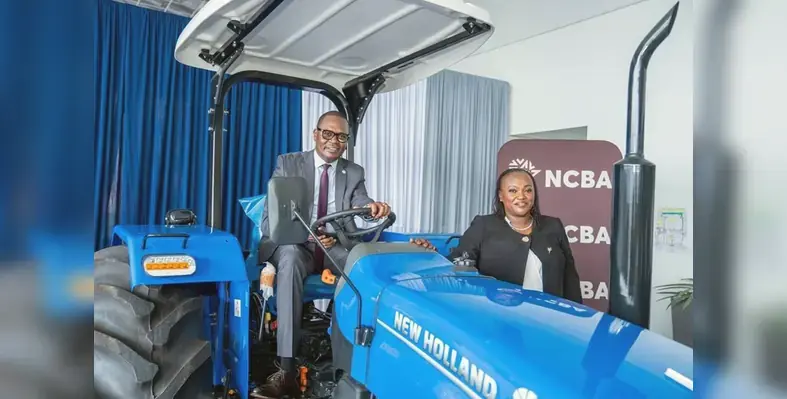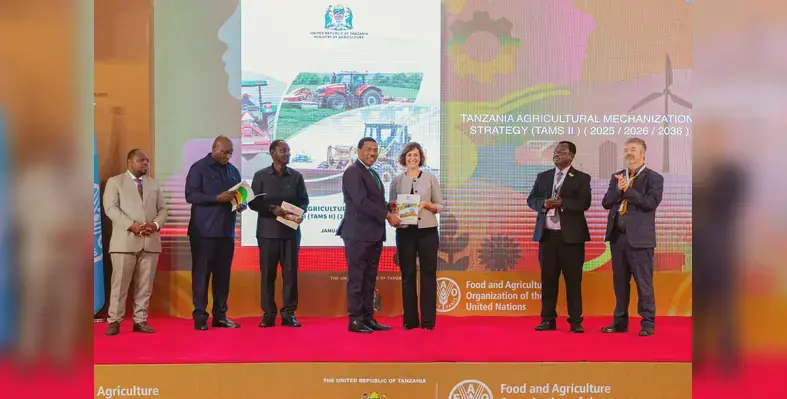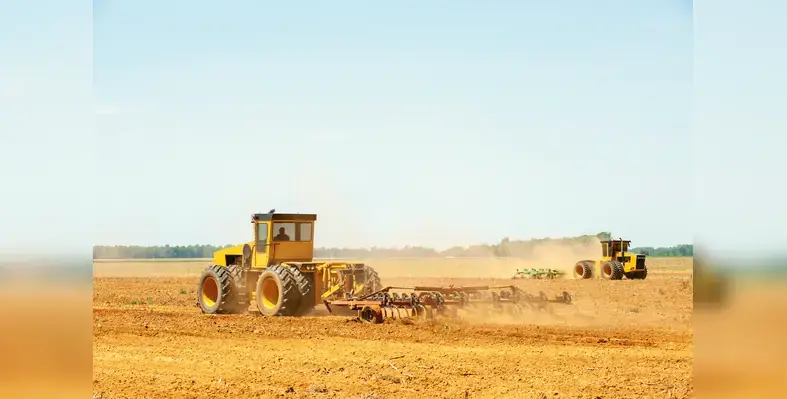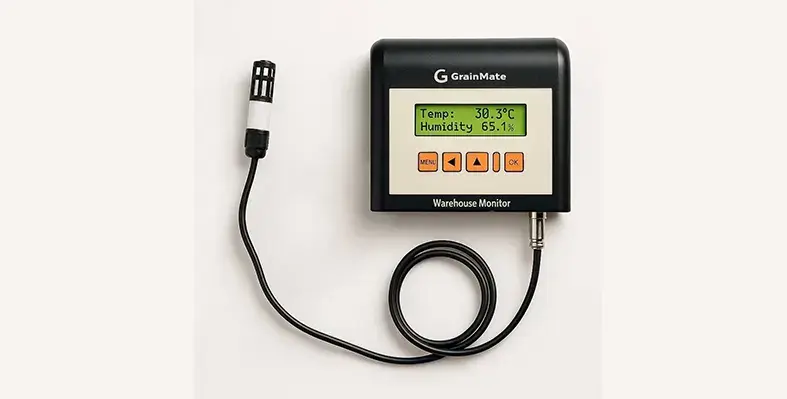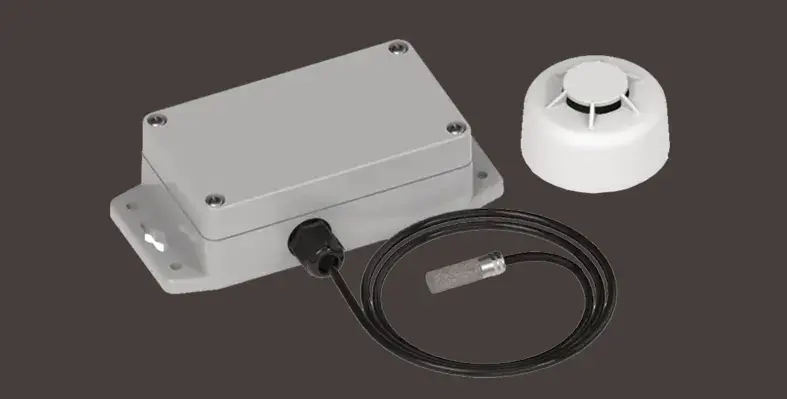New Holland tractors are set to play a bigger role in transforming agriculture in Kenya following a new partnership between Inchcape and NCBA Group, one of East Africa’s leading financial institutions.
The collaboration focuses on making New Holland’s modern tractor range more accessible to farmers through a flexible and affordable financing solution designed around real farming needs.
The initiative enables farmers to acquire New Holland tractors with financing of up to 95 percent of the purchase value, making advanced machinery attainable for both small and large scale operations. Repayment periods can extend up to 60 months, with options structured to suit farming cash flows. Farmers can choose monthly or seasonal repayments aligned with harvest cycles, helping them manage costs without disrupting day to day operations. The financing package also includes cover for up to two farm implements, allowing farmers to fully utilise the capabilities of their New Holland equipment. To further support customers, each financed tractor comes with one year of free insurance through NCBA Bancassurance, offering reassurance throughout the loan term.
New Holland tractors are known for their durability, efficiency and suitability for a wide range of farming applications, from land preparation to harvesting support. By pairing these machines with tailored financial solutions, the partnership aims to improve farm productivity while reducing the operational strain often associated with equipment investment.
Marion Gathoga Mwangi, Managing Director of Inchcape Kenya, said, “Through this collaboration, we are not just offering financing; we are driving mechanisation, which remains a key pillar in increasing agricultural productivity and efficiency. When farmers have access to modern, reliable machines, their yields rise, their costs reduce, and their work becomes more rewarding.”
NCBA Group also emphasised the importance of aligning finance with the realities of farming. Lennox Mugambi, Group Director of NCBA Asset Finance and Business Solutions, added, “This partnership with Inchcape Kenya marks a major step in our mission. We aim to support farmers by providing accessible and flexible finance. By matching repayment schedules to the realities of farming, we remove barriers that have held back mechanization. We believe this will empower farmers to boost productivity and improve their livelihoods across Kenya.”
The programme brings Inchcape’s Accelerate+ strategy to life by combining high quality New Holland products with value added services such as financing and insurance. By improving access to trusted machinery, the initiative supports sustainable agricultural growth and creates long term benefits for farming communities across Kenya.



